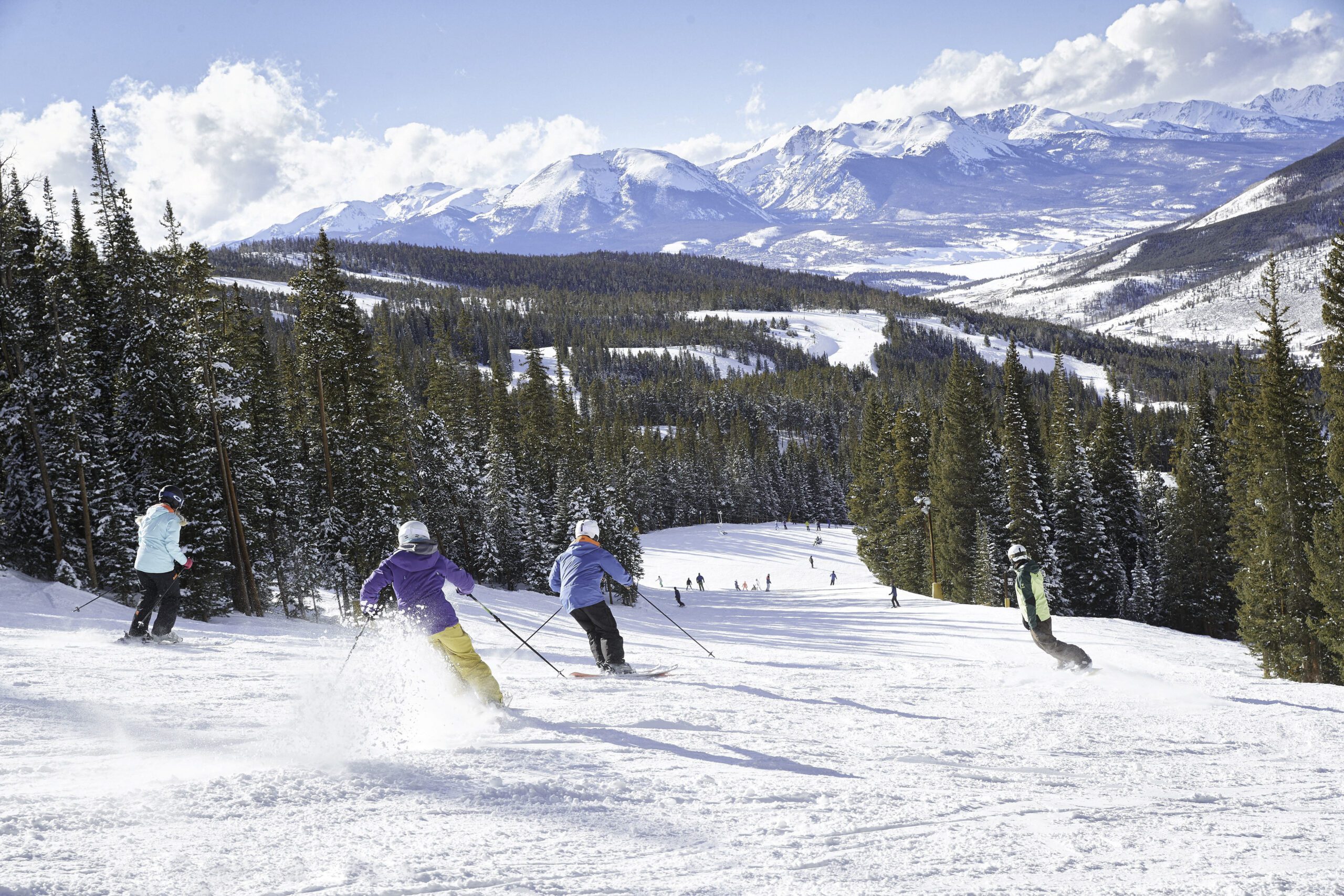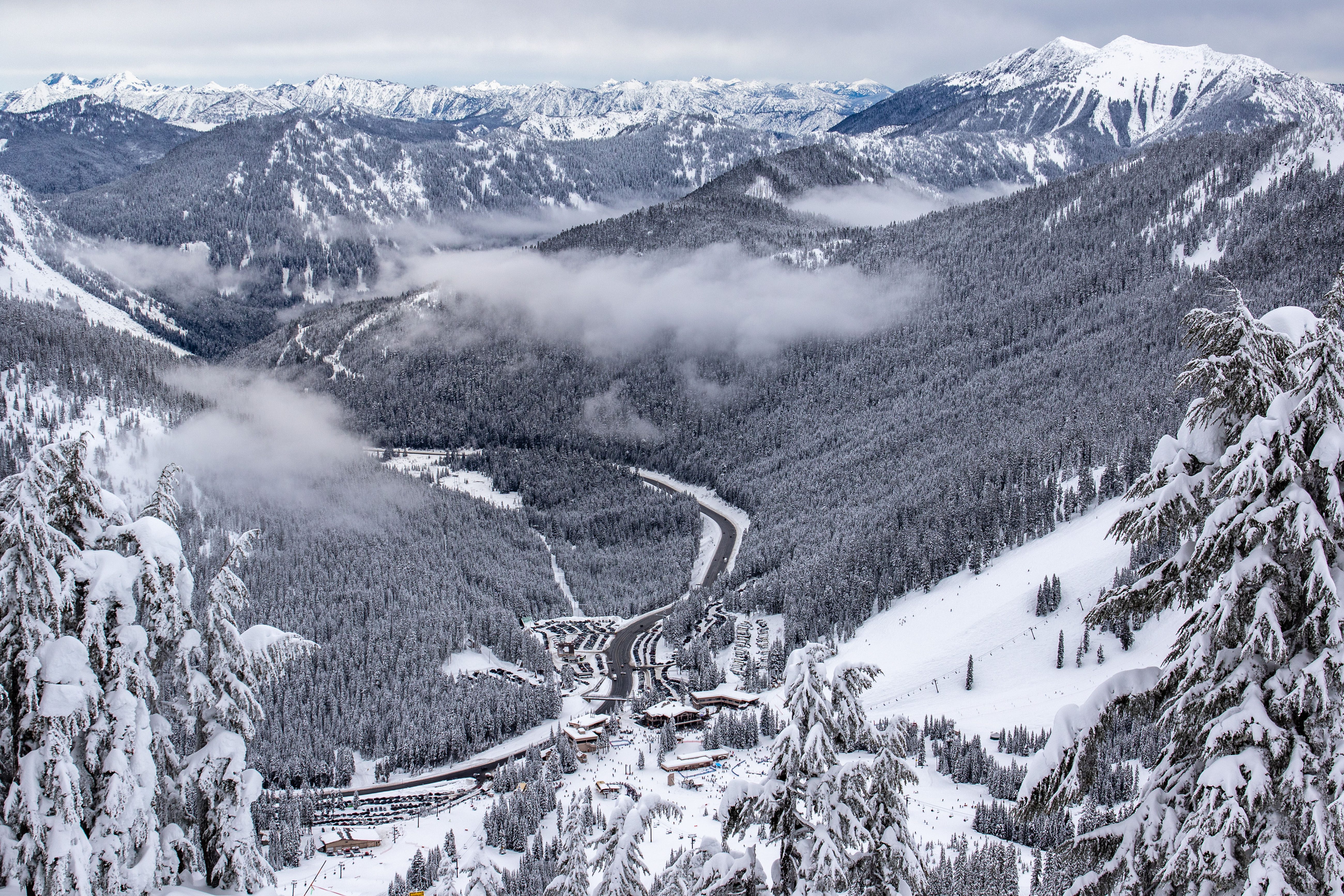
Everybody appreciates the invigorating feeling of breathing in a few lungfuls of fresh, crisp mountain air. Few places in the world have as many mountains as the United States, so Colorado-based mountain resort company Vail Resorts is committed to protecting North America’s scenic mountains. The company owns and operates mountain resorts from Vermont to Washington state, and they are committed to operating at a net-zero carbon footprint by 2030. Vail Resorts isn’t waiting around to make it happen, they are speeding towards their goal by working with local organizations to divert waste and power from their resorts with renewable energy. Soon you’ll be able to dine-mountainside, relax in a snow-covered spa, in an almost full sustainable resort.
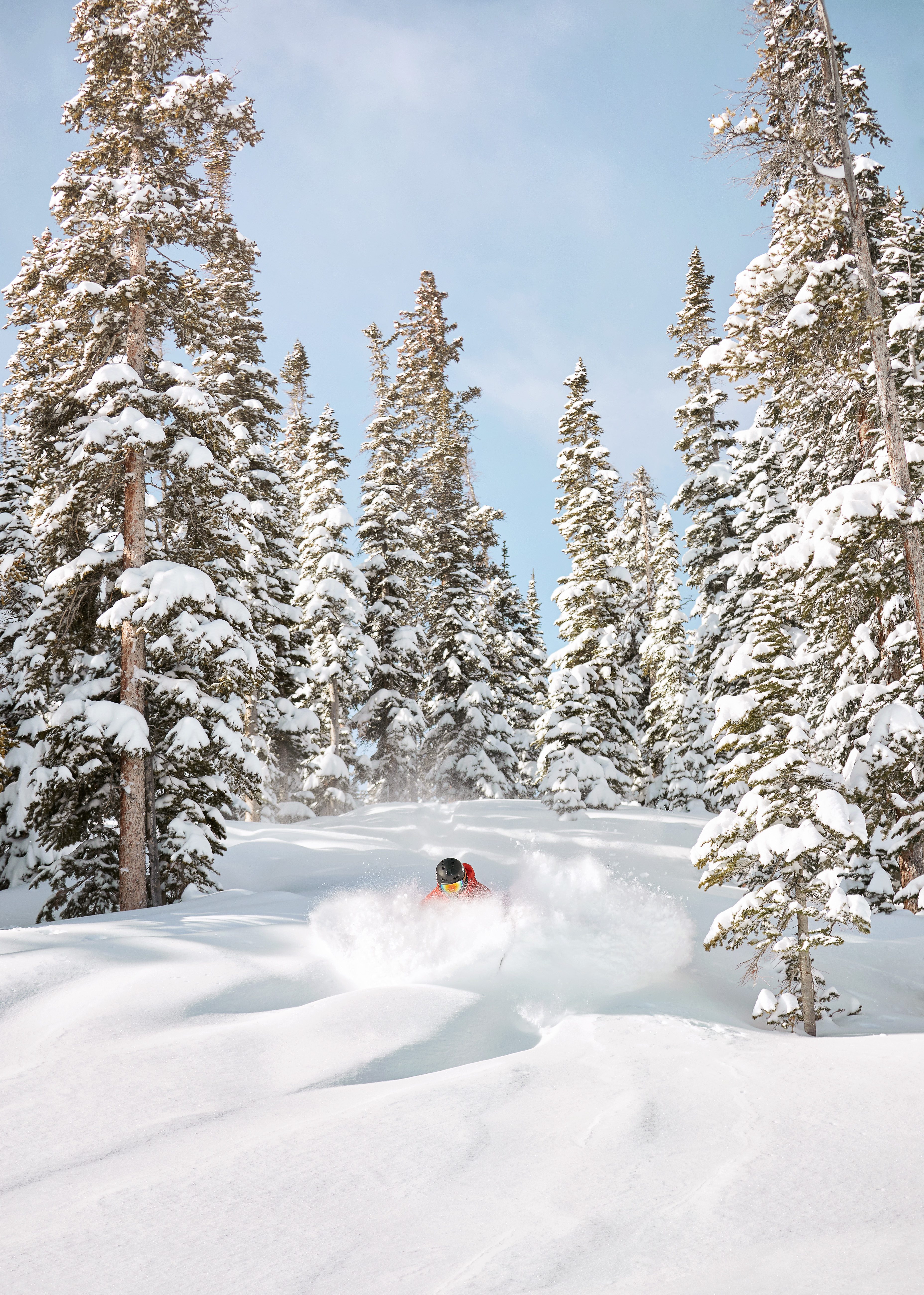
Nearly a year ahead of schedule, Vail Resorts achieved its goal of diverting 50 percent of its waste from landfills through new recycling and composting initiatives. Their ultimate goal is to divert 100 percent of waste, and they are 9-months ahead of schedule in this initiative. However, “Achieving zero waste to landfill is by far the most challenging pillar of Commitment to Zero, and we are proud to be well on our way,” they share in their third-annual report. From April 2019- March 2020, Vail reported that their initiatives kept 12,416 tons of waste out of landfills. Currently, Vail Resorts is working with Boulder-based Eco-products to entirely phase out single-use plastics such as cup-lids, straws, and plastic utensils from each of their 17 resorts.
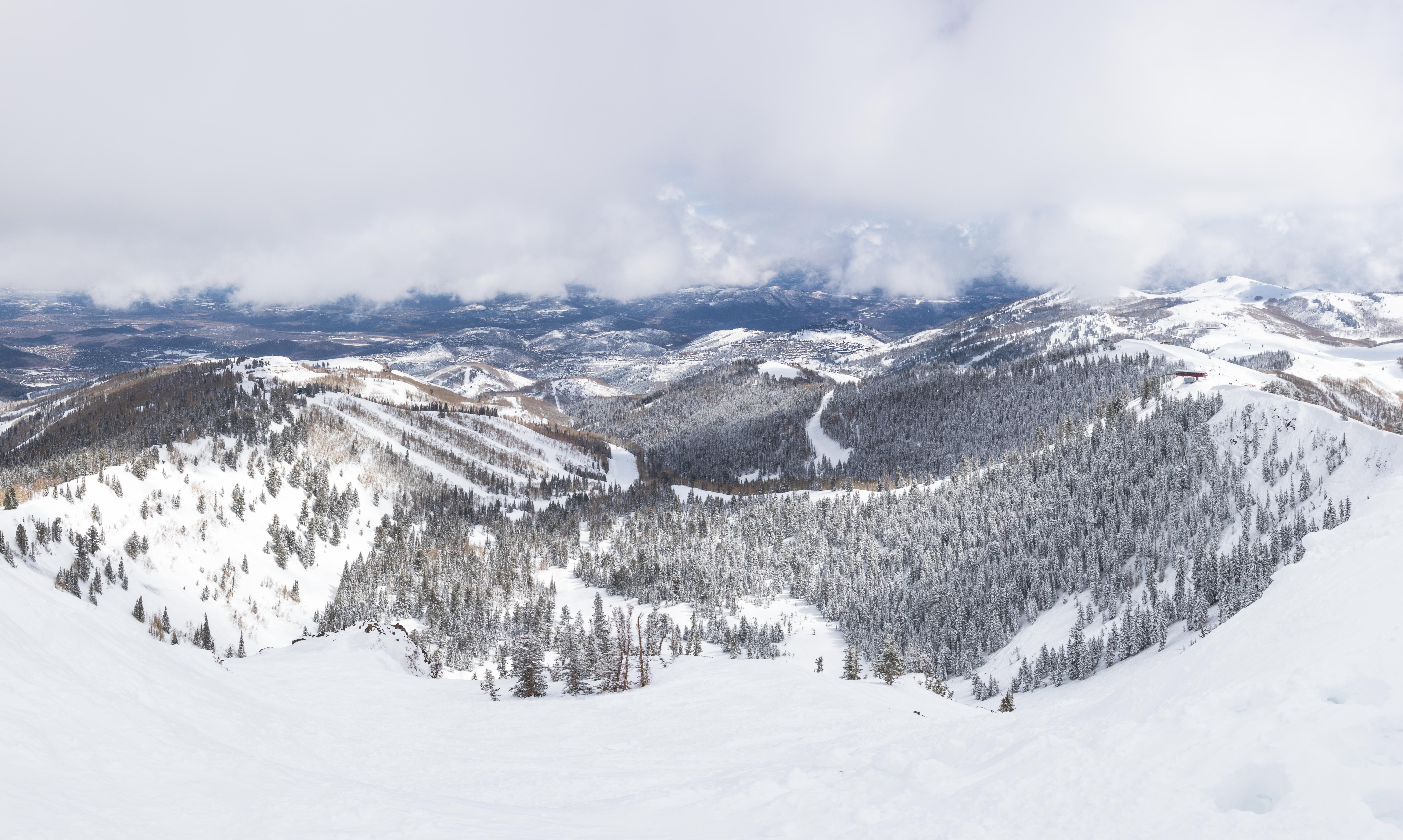
Vail Resorts is also working with local organizations to find other areas where they can eliminate waste, such as their Smart Straw initiative that provides compostable straw to customers who ask, and replacing wax-lined paper cups with durable, reusable tumblers. By working with graduate students from the University of Colorado Boulder’s Master of the Environment program, they hope to identify and eliminate additional waste channels. By working with these students, Vail Resorts hopes to account for all of the waste they are generating and find new ways to reduce their footprint. After all, few things are more beautiful than a fresh, untouched coat of powder on the slopes.
The company is also making massive strides towards its goal of powering its resorts with 100 percent renewable energy by 2030. In 2020, the company announced a multi-million dollar purchase agreement with Lincoln Clean Energy to buy virtual wind power that will offset the energy of their entire operation, 310,000-megawatt-hours, every year. The agreement lasts for 12 years and enables the development of the Plum Creek Wind Project that will power over 100,000 homes in Nebraska, according to Renewable Energy Magazine. This power-purchase agreement is the first to take place in Colorado, and one of the first companies in the luxury hospitality industry to run on 100 percent renewable energy. At the same time, the company invested over $2.4 million in initiatives to make their resorts across the United States as energy-efficient as possible.
Vail Resorts is also investing in renewable energy opportunities that will make clean energy cheaper and more accessible to its neighbors. “Vail Resorts recently signed a contract with Xcel Energy in Colorado to support a new solar energy facility and is sponsoring Rocky Mountain Power’s request for proposal for 308,000 MWh of renewable energy, which could lead to a significant increase in the amount of solar, wind and geothermal projects in Utah,” according to Environment and Energy Leader.
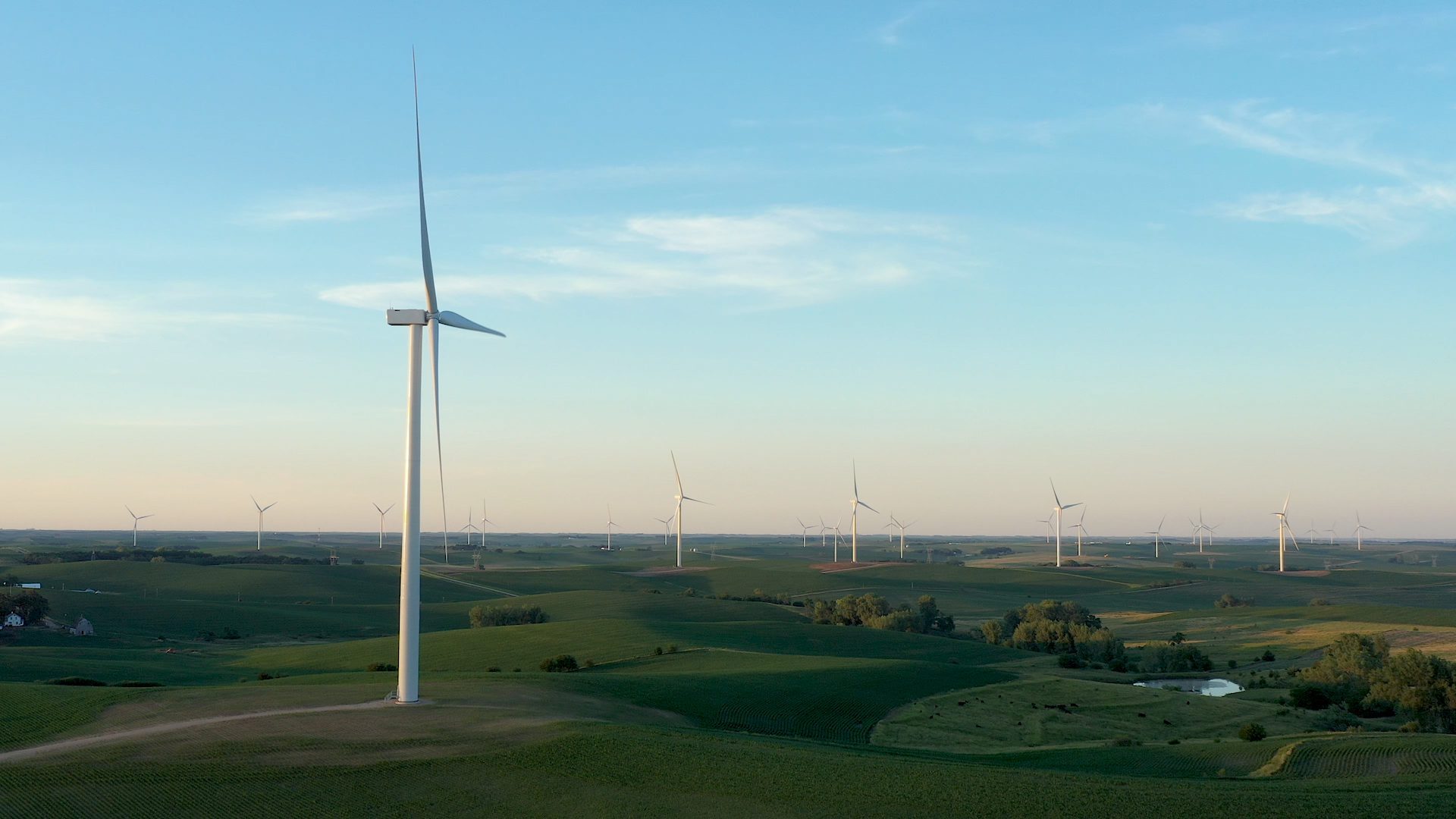
The pace at which Vail Resorts is accelerating towards its goal of net-zero emissions is extraordinary. After only three years, the resort company is closing in, with almost 10 years left on the clock. With so many making sustainability pledges these days, it’s truly remarkable to see a company moving so quickly to meet its goal. Rob Katz, Chief Executive Officer of Vail Resorts, stated in their Epic Promise, “The environment is our business, and we have a special obligation to protect it. As a growing global company so deeply connected to the outdoors, we are making a commitment to address our most pressing global environmental challenge and protect our local communities and natural resources.”

